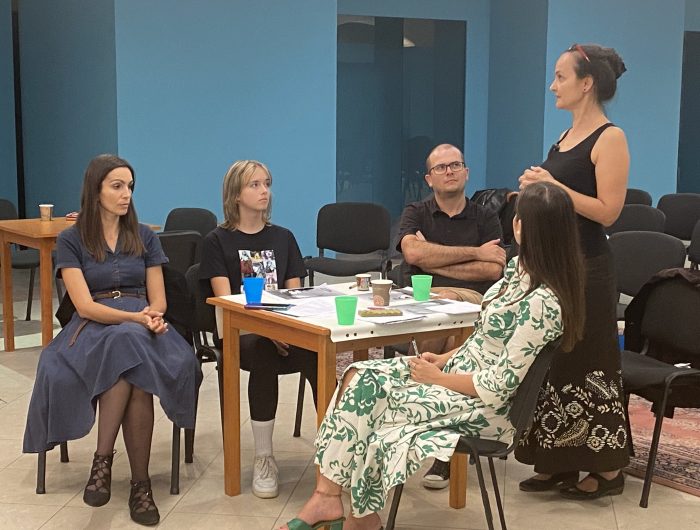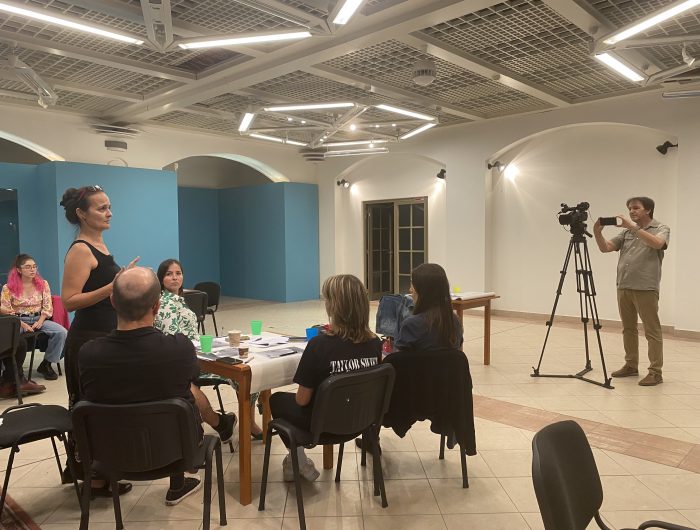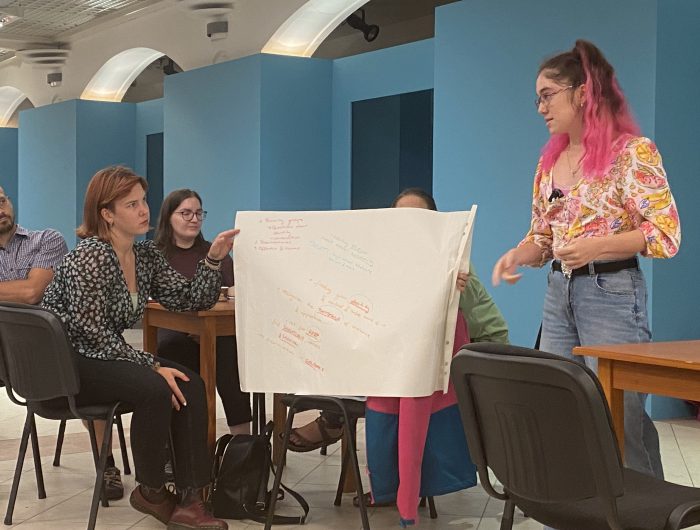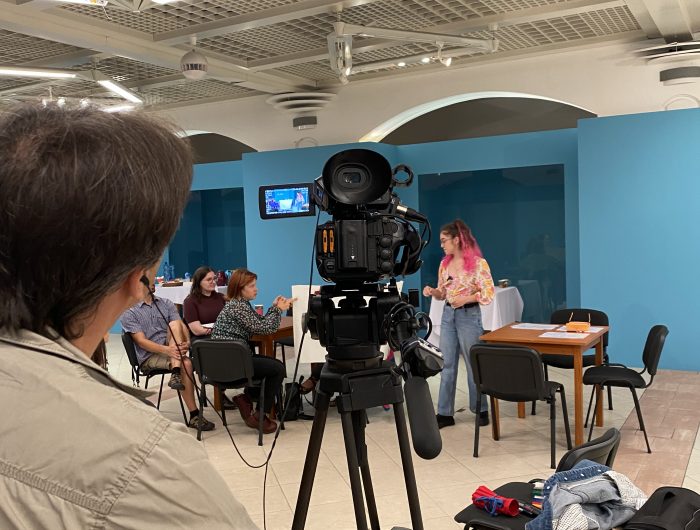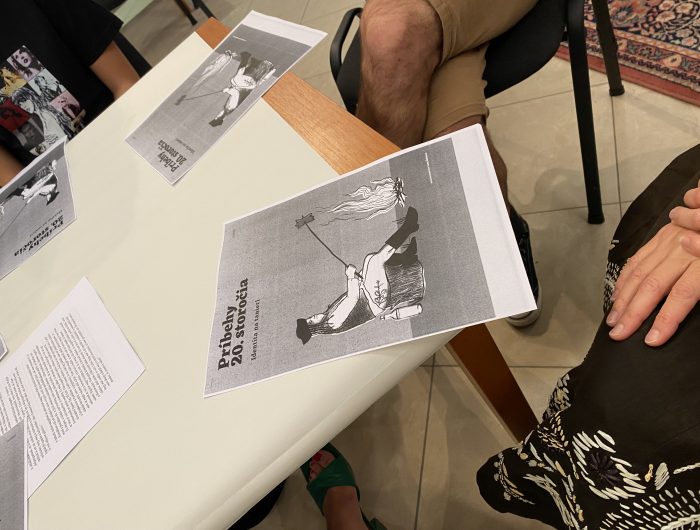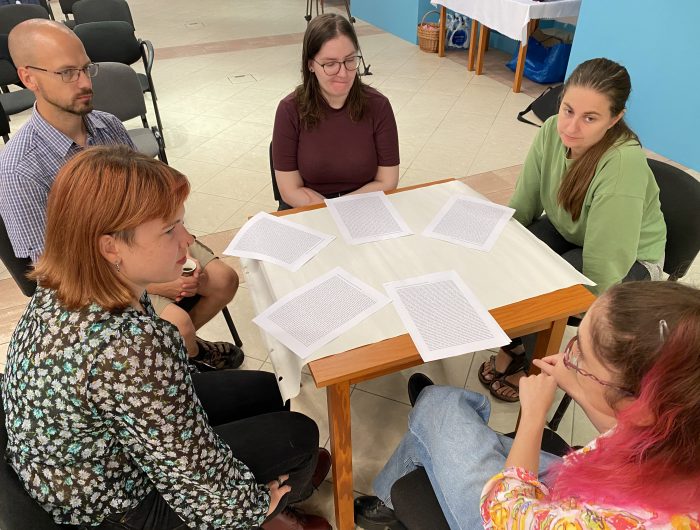Workshop in Vienna
On March 23, 2023, the Sigmund Freud University hosted the first international workshop of the ERASMUS+ Learning for Peace project, the purpose of which was to exchange experiences in the field of oral history and to find opportunities to use the collections in educational programs. The participants in the event came from Austria, Slovakia and Hungary.
During the one-day event, the participants briefly presented their own activities and experiences, then divided into groups and worked to outline ideas and suggestions that would promote the use of oral history collections in education. During the workshop, many topics were covered, such as interview techniques, data collection and processing, and accessibility.
Oral history contains stories that are based on people’s personal stories and experiences, and can be very useful in teaching about peace and conflict management. Using oral history collections can help people better understand the events of the past and their effects on the present and the future.
The ERASMUS+ Learning for Peace project is a one-year program supported by the European Union, which seeks answers to how oral history collections can be used in education and training, on the topic of peace and conflict management. The information, ideas and suggestions gathered during the meeting will be presented and further developed at the next workshop in Samorin, at the end of May.
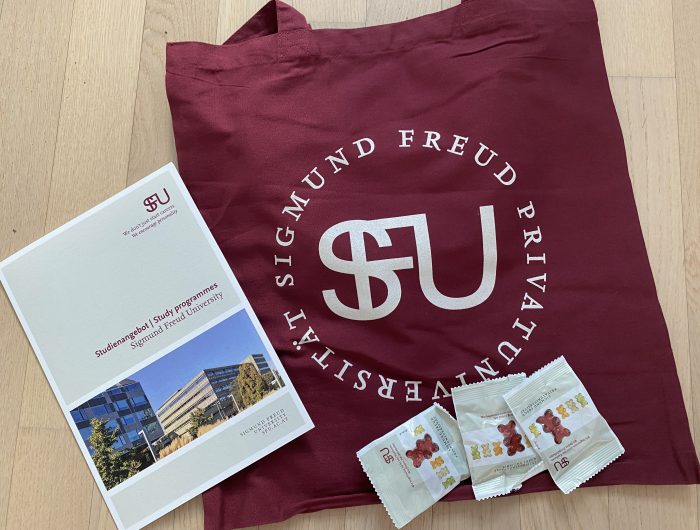
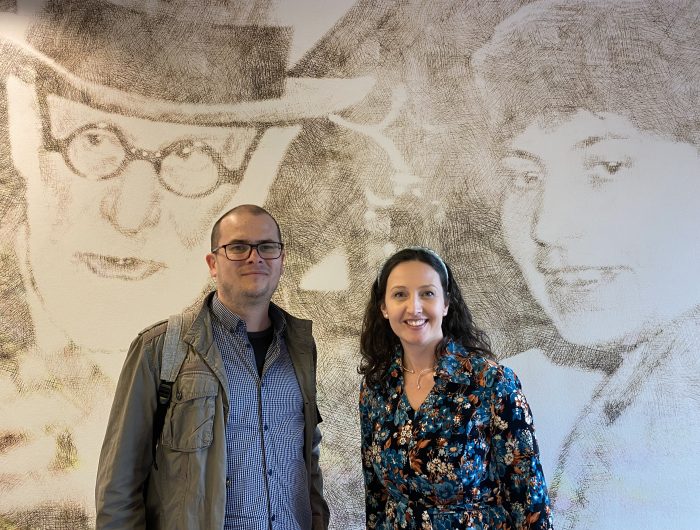
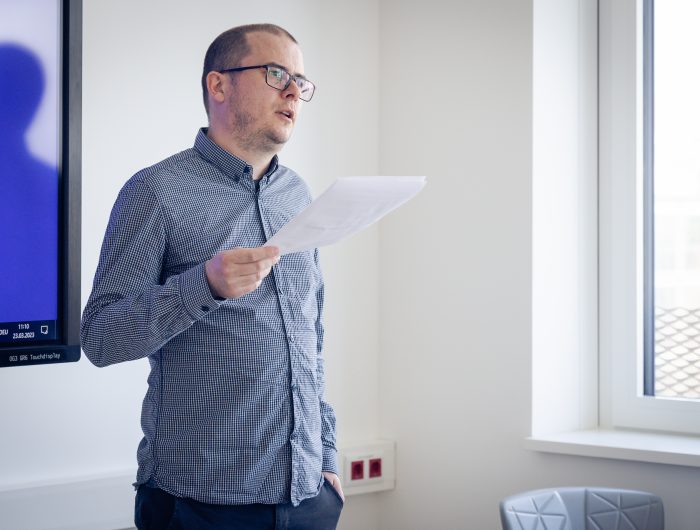
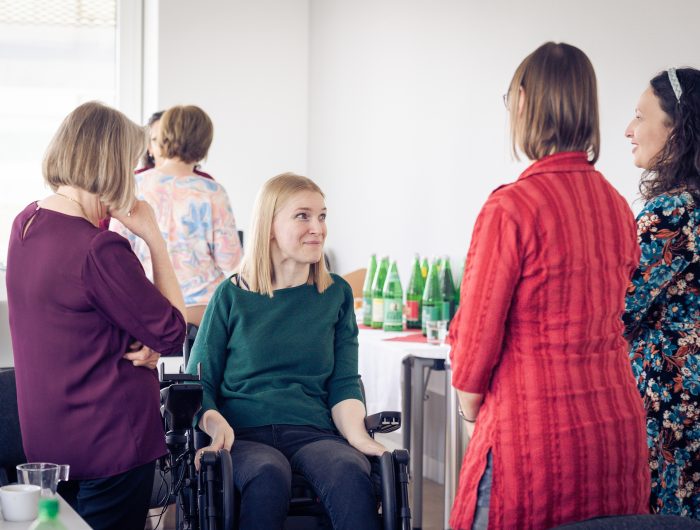
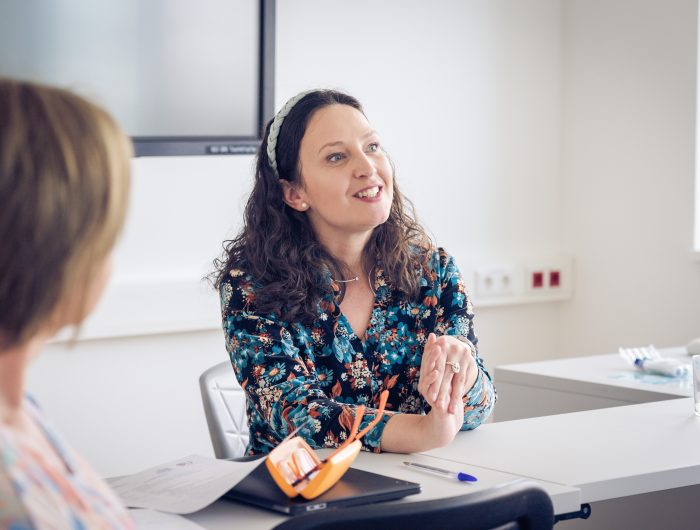
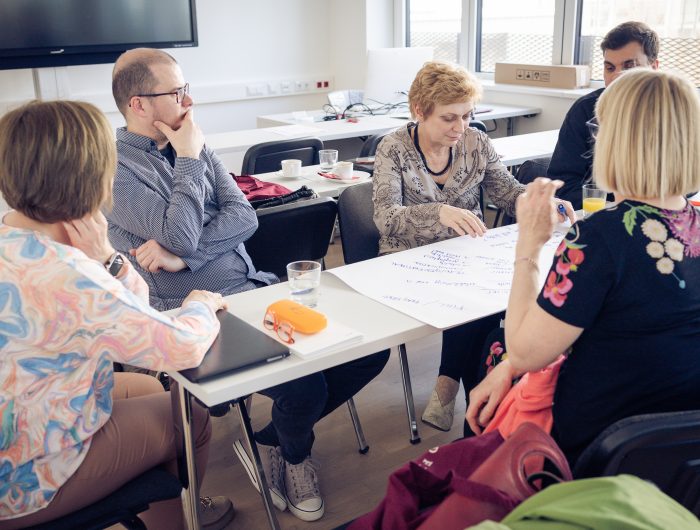
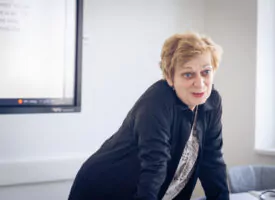
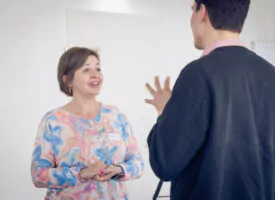
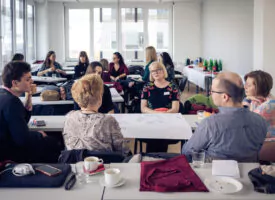

About the Learning for Peace workshop in Bratislava
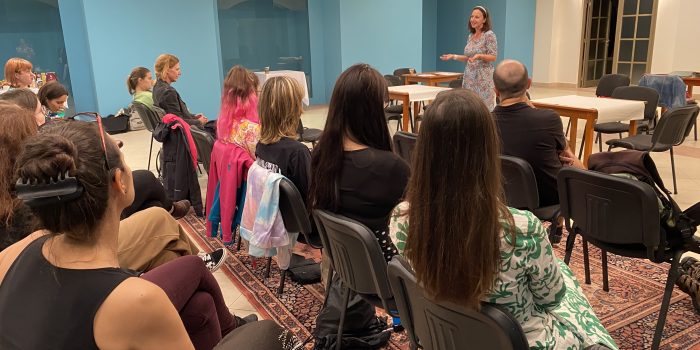
The second workshop of the Learning for Peace project took place on 14 September 2023 in the heart of Bratislava, where history and modernity meet: within the walls of the Museum of Hungarian Culture in Slovakia.18 participants from Slovakia, Austria and Hungary gathered to explore together the possibilities of using oral history in education.
Learning for Peace goes far beyond the traditional curriculum. This project seeks to open new ways for educators to teach through the personal stories of the past in order to build a more peaceful future. The Bratislava workshop was unique in that it offered a dynamic workshop where participants could share and process the lessons of the past through their own voices.
Throughout the day, from primary school pupils to university students, educators and media professionals worked together to explore how oral history databases can be integrated into the curriculum and how these stories can be put to use in education. Participants worked in three different groups, each with a story from a different period. One group learnt through the harrowing story of a Holocaust survivor, another group dealt with the travails of a prisoner of war, while the third group dealt with the life story of a refugee from the communist regime.
The aim of the workshop was not only to understand the stories, but also to demonstrate the benefits of integrating these personal narratives into the curriculum. Participants were asked to analyse the complexity of the stories and to develop comprehensive plans on how to integrate these narratives into education. The result? Instructive presentations that focused not only on the stories but also on dialogue and collaboration between participants.
At the end of the workshop, it became clear that the Learning for Peace project not only provides a theoretical framework, but also concrete tools to pass on the message of peace and understanding to future generations. In Bratislava, at the crossroads of past and present, participants experienced how personal stories can become an indispensable part of education for peace.

